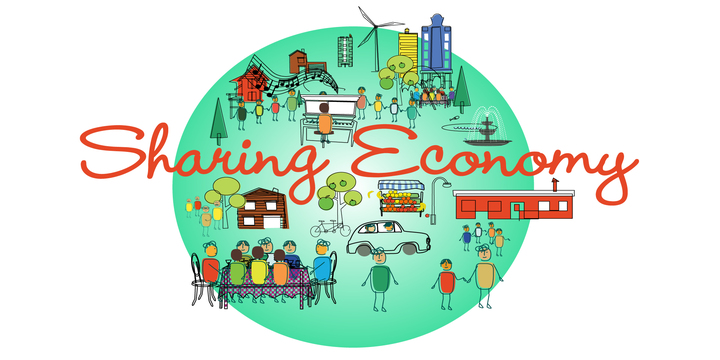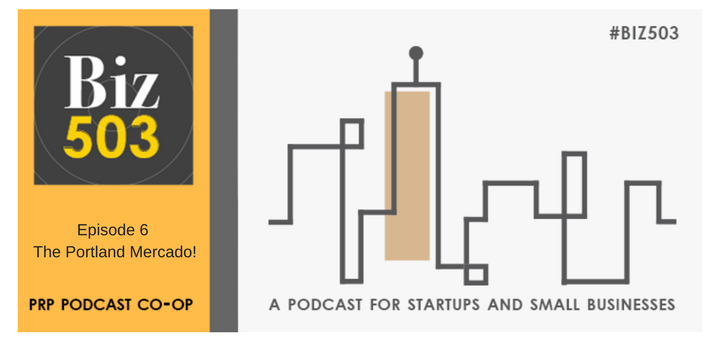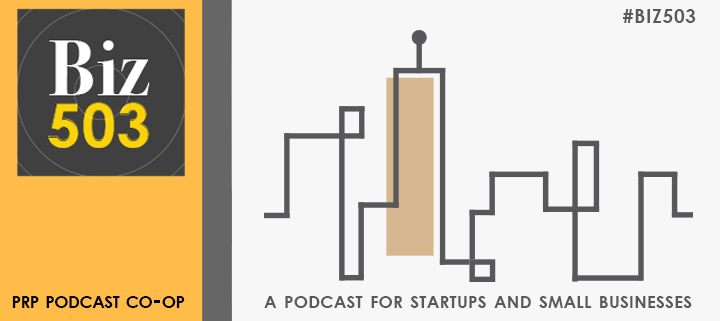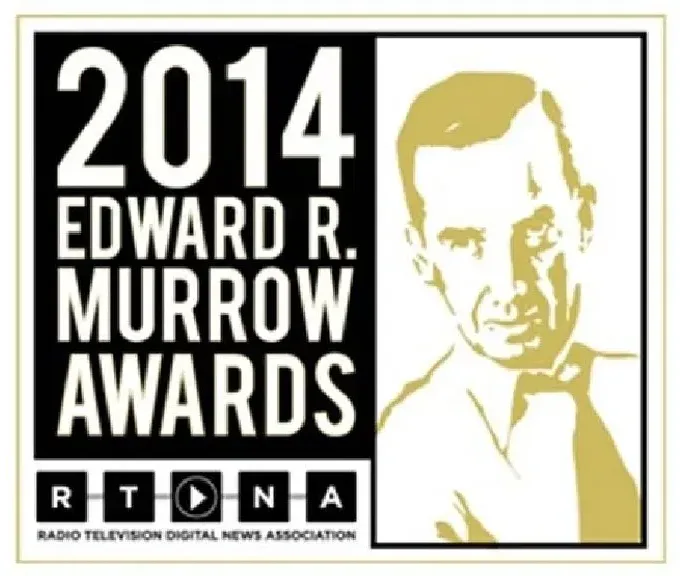The term “sharing economy” has been bounced around as a savvy, economical alternative to traditional methods of exchanging goods and services. But what exactly is it?
The basic premise of the sharing economy is collaborative consumption – people share resources they already have, rather than create new ones. It’s in theory a way of strengthening community, reducing waste, and allowing people to access goods without dealing with ownership.
The tricky aspect of the sharing economy is that it covers a sprawling range of digital platforms and offline activities. Numerous financially successful companies like Airbnb fit under that tent, but so do hyperlocal peer-to-peer services like community repair collectives. And many organizations angle themselves to fit under the umbrella of the “sharing economy” because of positive, collaborative appeal.
Portland is no stranger to the sharing economy, and it’s mix of tech-savvy residents and eco-minded community members make it a target for startups angling for that piece of the market. This also means that the City of Roses is ground zero for many of the debates blossoming around the sharing economy – from regulations, to fair pay and sustainability.
Tune in to Portland Radio Project this Friday between 1-2 p.m. for our encore Biz503 episode about the sharing economy. Hosts Rebecca Webb, founder of Portland Radio Project, and Perry Gruber, founder of Copiosis, led a discussion on how this economic model is fitting into Portland’s ethos, and where the sharing economy is going next.
Our guest included:
Perry Gruber, Founder of Copiosis
Rick Reynolds, Founder of ShareOregon
Stephen Green, Community Director at Elevate Capital & Founder/Treasurer at Oregon Public House
Zoya Kumar, Executive Director of Portland Community ToolBank
Jocelyn Furbush, Co-Founder & Board Chair of Kitchen Share Northeast
Aliza Tuttle, Member Catalogue Manager at Know Thy Food Cooperative
Listen to the encore episode here:
Or listen to the original episode here:
- A Very New Pickathon in 2022 - August 13, 2022
- Pickathon returns to Pendarvis Farm! It’s not just the artists that’ll be new. - August 3, 2022
- July is BIPOC Mental Health Awareness Month (Black, Indigenous, Persons of Color) - July 14, 2022






Great show, Portland Radio Project team, and I was honored to be a part of it. PRP team is providing an amazing resource for the community, and I am enjoying helping you spread the word about it. You could post your great shows free on ShareOregon.com if you want, and I hope other inspiring folks who learned about it from the show will add lots of other creative ideas! :)